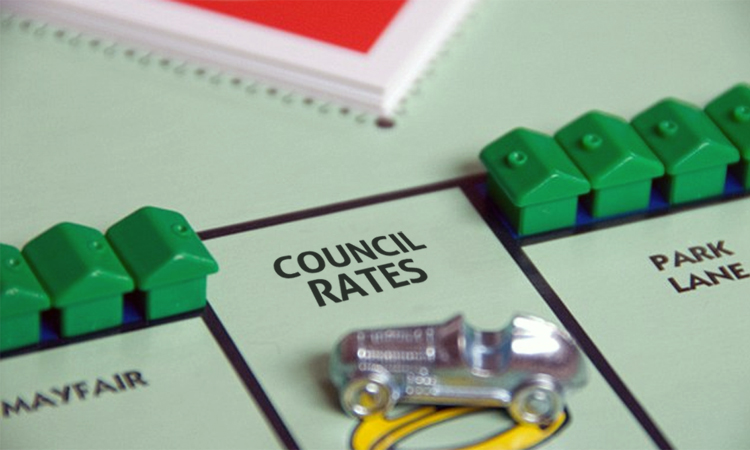What are your council rates? Do you know what they mean?
By Advantage Property | 15th Feb 17

Do you know how your council measures the amount you have to pay for your property each year? Each council will have a different valuation and it's worth exploring how your rates are calculated.
To calculate your rates, independent valuers work out the Capital Improved Value (CIV) of your property. This takes into account the total market value of the land plus buildings and other improvements. The Capital Improved Value of all properties in Victoria is re-assessed every two years, with the most recent valuation occurring in January 2016.
When working out the value of your property, valuers will analyse property sales and rents and look at the type of property and its features. Information on properties is compiled through inspections, building and planning permits and other public sources.
To determine the amount you pay in rates, your property's CIV is then multiplied by the 'rate in the dollar'. The 'rate in the dollar' is calculated by dividing the total amount Council intends to raise in rate revenue by the total value of all rateable properties in council area. Councils do not get more money due to property prices increasing. The revaluation simply re-apportions the amount that each ratepayer contributes.
On your rates notice, you will also see that you have been charged a Fire Services Property Levy. This is a State Government levy which is used to fund Victoria's fire services. Council has no role to play in the setting of this levy and does not receive any revenue from the collection of this levy.
Client story:
Frank Valentic recently purchased a property on behalf of a client and noticed that the rates figure looked quite high. We contacted the local council to discuss their process and to gain an understanding about how these were calculated. We provided the council with comparable sales in the area and they agreed to reduce the valuation rate saving our client around $400 a year. Needless to say, our client was very happy with this outcome.
Remember that each council will have different processes and valuations, so if you think your rates aren’t what they should be, it would be best to contact your local council directly. Most councils will require you to lodge a written objection and provide supporting documents to demonstrate sales and rentals of comparable properties. Check your councils timeframe for lodging a written objection, as many only allow a two month period from when the notice is issued.
At Advantage Property, we are more than just your standard Buyer’s Agents. We genuinely care about our clients and are always looking at ways to go above and beyond. Get in touch with our experienced staff by calling 1300 697 356 or email us on buyer@advantageproperty.com.au to see how we can support you!